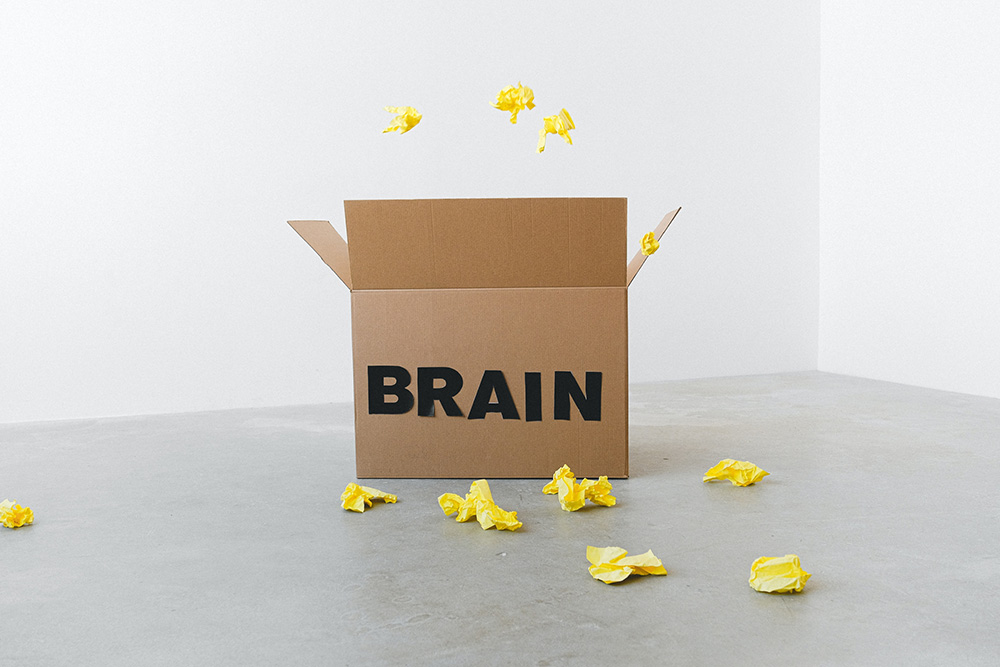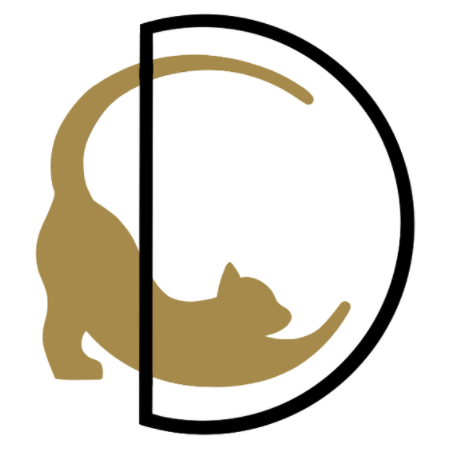Daily Planner as a Mindfulness Tool
Clutter comes in many shapes & sizes. It can be found in our wardrobes, under the kitchen sink, on our work desks and also in our heads. I don’t know about you, but I have days which are super productive and I feel ready to conquer the world and then there are those where finding the energy to even get mundane daily tasks done seems like a challenge. During such times, I find that the only thing that works is slowing down and trying to notice the little things as the day unfolds.
What is Mental Clutter?

Accumulated thoughts that make it hard to concentrate and send our mind into overdrive, amount to mental clutter. In simple words it’s all the thoughts that make us feel like ‘it’s too much’. This brain fog can be chalked up to one or more of the following –
Emotional Clutter
Emotional clutter can very easily intrude our mental space and lead to creating certain unhealthy patterns. This can come from being stuck in the past, worrying about the future, setting the bar too high for yourself or having expectations from those around you. While it can really help your spiritual journey (if you are on one) to be emotionally developed, it is basically cluttering your mind if these thoughts start clouding your judgement.
Procrastination
Procrastination is a common issue which is often equated with laziness. In reality it is a habit that runs deep and shows up in conjunction with various mental health issues. Paying bills, washing clothes, keeping the pantry stocked are things that add up to our general wellbeing but when these background tasks become overwhelming and start getting pushed back, it is an indicator of mental clutter.
Digital Clutter
Be honest, how many photos do you have on your phone that you never look back at but store anyway because ‘it will be of use one day’? The accumulation of digital files added to the ever increasing information bombardment from social media, often result in a loss of perspective and mental disorganisation.
Practising Mindfulness
The very dangerous thing about mental clutter is that we cannot see it. Although it builds silently, we do feel its negative effects and that makes it so very important to build a habit of clearing it out. Just as we learn to declutter our homes by being mindful of what we keep in our space & how, mental decluttering begins by recognising thoughts that don’t serve us anymore. These are often a result of our conditioning, experiences & circumstances and overcoming that means deep introspection and training the mind to become self aware. In order to build the mental muscles to do so, we need to be mindful of how we choose to spend our time and where we place our attention so we can start filtering out unwanted negative thoughts that weigh us down. Building such a purposeful attitude involves a shift in mindset and that only comes with practice, practice and more practice.
How to use your Daily Planner as a Mindfulness tool?
A planner is a great place to work on your mindset. It is a safe space, free of judgement and expectations where you can be you. Understanding what you want to achieve can help discover a solid planning structure that works for you. Do you want your planning practice to help you achieve goals? Or do you want to journal for self care & mental well being? Find a planner that fits this purpose & brings clarity to your thoughts, it could be a journal with blank pages, a planner with more structure or a mix of both.
Here are some mindfulness techniques that you can use in your daily planner :
1. Build a Planning Routine
We as humans are creatures of habit. Although being spontaneous can set off that much needed adrenaline rush, it is having a steady routine that actually keeps us sane. Set aside a few minutes every morning or night to plan your day. This does not mean drafting an hour by hour schedule but rather bringing our attention to rest on our daily life. Even if it is something basic like planning your weekly meals or workout schedule you can be more intentional and present if you are prepared for it.
2. Focus on your habits
There is no better place than your planner to help you work on your habits especially if you’re journaling to reach goals. Start small, choose one to three habits per week, not more because you also want to be realistic about achieving them. Be sure to include one habit that measures up directly to mental wellbeing such as physical fitness or a self care routine. Track your progress, record motivations & celebrate little wins. Centering yourself around accomplishments will let you feel in control of your thoughts & ground you for the next day.
3. Make Lists & Prioritise
It is natural to get swept up in thoughts of the past or worries about the future. Afterall many things don’t go as per plan despite a lot of planning and it is difficult to work towards something that is yet to come. One mantra that gets me through this chaotic thought train is accepting that uncertainty. Make those to do lists without getting caught up in the thoughts of the outcome or putting undue pressure to tick them off the very next day. Just jot them down and map them into your week or month in doable chunks. Prioritizing tasks is a valuable mindfulness tool to hone.

4. Journal
Free writing is a simple mindfulness technique that has been known for ages. As someone who likes to plan, you need not have everything together as opposed to what one might expect but rather have the space to organise those spinning thoughts. Just expressing your emotions in plain honest words by putting pen to paper has dramatic positive effects on stress, anxiety, low self esteem and other negative thoughts that hamper mental health. Write it down first and make it actionable later as needed.
5. Create
As relieving as it is to translate those spinning thoughts into words, sometimes it is not easy to articulate, even to yourself. I find that at such times, it helps immensely to get your mind off of that thought and immerse yourself in getting creative. This could be as simple as a small piece of painting in the middle of your planner spread, scrapbooking or if you think you aren’t “artsy”, try zentangles! You can do this anytime, anywhere, even a little column is enough to make those beautiful repeat patterns. It really helps with building focus and drawing attention to detail. I can feel a blog coming up on this soon.
6. Practice Grounding
To really make the most of your planner as a mindfulness tool, you can actually incorporate mindfulness meditation into your planner. You could write about a calming visualisation, a walk through a yellow meadow, or standing at the beach with your feet in the sea. You could write down a mantra or draw a simple meditative pattern like a circle, in the same place each day in your planner as a reminder to be mindful. Start with doing 10 minutes everyday and build in longer routines as you get comfortable.
A daily planner is potentially a powerful mindfulness tool. It is a place where you can organise your thoughts & work on your intention everyday, afterall a good plan is less about getting things done & more about being purposeful with it.



